Marine Aluminum Elbow for Offshore Gas Storage Facilities
Offshore gas storage facilities represent some of the most challenging engineering arenas where materials must exhibit reliability, strength, and corrosion resistance under extreme marine conditions. Among the pivotal components in such infrastructure are marine aluminum elbows, engineered specifically to facilitate piping direction changes.
the Role and Function of Marine Aluminum Elbows
An aluminum elbow is a pipe fitting that allows a change in fluid flow direction, typically at 45°, 90°, or 180°, critical for the layout adaptation of maritime piping systems. In offshore gas storage facilities, piping routes must circumnavigate various obstacles such as instrumentation pods, structural supports, and safety barriers, necessitating reliable elbows designed to handle mechanical stresses and exposure to seawater.
Marine aluminum elbows serve multiple essential functions:
- Directional Flow Management: Enables controlled navigation of gas, liquids, and other media to ensure optimal distribution across storage and transport pipelines.
- Structural Integrity: Aluminum alloys provide robustness under dynamic loading from waves, platform vibrations, and pressure variations.
- Weight Reduction: Aluminum’s lightweight nature reduces overall pipeline stress, critical in offshore assemblies.
- Corrosion Resistance: Resistant to saltwater corrosion preventing structural degradation over time without heavy maintenance.
The aggregate of these functions underpins safe, efficient, and sustainable offshore gas storage operations.
Technical Parameters and Alloy Specifications
Marine aluminum elbows aren’t arbitrary fabrications but sophisticated components manufactured from carefully selected aluminum alloys optimized for maritime environments. The frequently adopted alloys are from the 5xxx and 6xxx series, known for excellent strength and corrosion resistance. The most common one is Aluminum 5083, famous for its marine-grade durability.
| Parameter | Specification (Typical for Al 5083 Alloy) |
|---|---|
| Composition (%) | Mg (4.0–4.9), Mn (0.4–1.0), Cr (0.05–0.25), Si (≤0.4), Fe (≤0.4), Cu (≤0.1) |
| Mechanical Tensile Strength | > 290 MPa |
| Yield Strength | ~145 MPa (0.2% offset) |
| Elongation at Break | > 12% |
| Density | 2.66 g/cm³ |
| Corrosion Resistance | Excellent in chloride environments |
| Temper Condition | Typically H131 or H321—strain-hardened and stabilized |
Temper treatment is essential; H321 temper involves work hardening plus a stabilization heat treatment to improve strength and retain corrosion resistance, vital for the longevity of elbows exposed constantly to seawater.
Compliance with Implementation Standards
The fabrication and implementation of marine aluminum elbows must comply with robotic quality control standards and international pipeline fitting narrations. standards and guidelines include:
- ASTM B241: Standard for aluminum and aluminum-alloy seamless pipe.
- ASME B16.9: Factory-made wrought steel but often referenced for dimensional standards related to composite aluminum elbows.
- NORSOK M-650: Specifies tubing performance criteria for topside and subsea hydraulic systems, applicable to offshore fittings.
- ISO 11960: Pertains to steel line pipes but important in integration with various materials.
Each weld or joint must also handle pressure marks according to safety class relevant to offshore gas storage (typically Class 2 or 3 pipelines), ensuring no leakage during drastic load cycles.
Chemical Properties Tables and Corrosion Resistance Role
exact chemical makeup is pivotal for material selection.
| Component | Typical Content (%) | Purpose & Advantage |
|---|---|---|
| Magnesium (Mg) | 4.0 - 4.9 | Enhances corrosion resistance and strength |
| Manganese (Mn) | 0.4 - 1.0 | Improves workability and resistance to abrasion |
| Chromium (Cr) | 0.05 - 0.25 | Adds resistance to pitting caused by chloride ions |
| Silicon (Si) | ≤0.4 | Controls casting characteristics, technical strength |
| Iron (Fe) | ≤0.4 | Minor contamination, affects mechanical properties |
| Copper (Cu) | ≤0.1 | Usually minimized to avoid galvano-corrosion concerns |
Due to this controlled composition, marine aluminum elbows exhibit superior behavior especially in subsea and splash zone environments, outperforming materials prone to rust such as carbon steels.
Applications Within Offshore Gas Storage Contexts
Pipeline Directional Changes in Fluid Conveyance: Handling high-pressure natural gas and liquids requiring bends verifies aluminum elbows’ mechanical reliability under transient conditions.
Connecting Storage Tanks and Distribution Modules: Defining flow pathways as diameters run from large IL flowlines to smaller manifolds or flexible hose configurations.
Integration with Cathodic Protection Systems: Aluminum alloys generally form a passive oxide layer, minimizing electric consumption in offshore protective equipment.
Lightweight Modularity Expansions: Offshore platforms undergo retrofits; marine aluminum elbows facilitate modular rearrangements due to ease in handling.
Related Products
Custom marine aluminum profile tubes
Custom Marine Grade Aluminum Profile Tubes are manufactured from premium marine aluminum alloys such as 5083, 5052, 6061, and 6082.
View DetailsMarine aluminum rectangular tubes
Marine Grade Aluminum Rectangular Tubes are made from high-performance alloys such as 5083, 5052, 6061, and 6082. These alloys are renowned for their ability to resist corrosive seawater and marine atmospheres while providing excellent mechanical strength and toughness.
View DetailsMarine aluminum round tubes
Marine Grade Aluminum Round Tubes are manufactured from premium marine alloys such as 5083, 5052, 6061, and 6082, all selected for their proven resistance to seawater corrosion and marine atmosphere degradation.
View DetailsMarine aluminum square tubes
Marine Grade Aluminum Square Tubes are typically constructed from marine-grade alloys such as 5083, 5052, 6061, and 6082—well-known for their ability to withstand the aggressive effects of saltwater and marine atmospheres.
View Details6061-T6 90-Degree Marine Aluminum Pipe Elbow
Manufactured from premium 6061-T6 marine-grade aluminum alloy, this elbow fitting is engineered to provide reliable and efficient pipe direction changes within shipbuilding, offshore platforms, and marine infrastructure systems.
View DetailsRelated Blog
5052 Marine Aluminum Tubes for Marine Vessel Hull Construction
When it comes to building resilient marine vessels, selecting the right materials is crucial. One outstanding option is 5052 Marine Aluminum, widely recognized for its excellent corrosion resistance and structural integrity.
View DetailsHigh Temperature Marine Aluminum Elbow for Power Plant Piping
In the demanding environments of power plant piping systems, particularly those situated in marine locations, the need for corrosion-resistant, heat-tolerant, and mechanically robust pipe fittings is critical.
View DetailsMarine Aluminum Elbow for Offshore Gas Storage Facilities
Offshore gas storage facilities represent some of the most challenging engineering arenas where materials must exhibit reliability, strength, and corrosion resistance under extreme marine conditions.
View DetailsAluminum Elbow for Marine Exhaust Systems
In marine engineering, ensuring durability, corrosion resistance, and optimal flow dynamics of exhaust components is crucial for the longevity and performance of onboard systems.
View DetailsCustom Marine Aluminum Elbow for Ship to Ship Fuel Transfer
In the intricate and highly demanding marine environment, efficient and reliable fuel transfer is paramount — especially during ship-to-ship (STS) operations. Central to this process is the often unsung hero: the custom marine aluminum elbow.
View Details5083 Marine Aluminum Tubes for Ship Hull Reinforcement Materials
When it comes to building and reinforcing ship hulls, selecting the right material is critical for durability, strength, and resistance to the harsh marine environment.
View Details

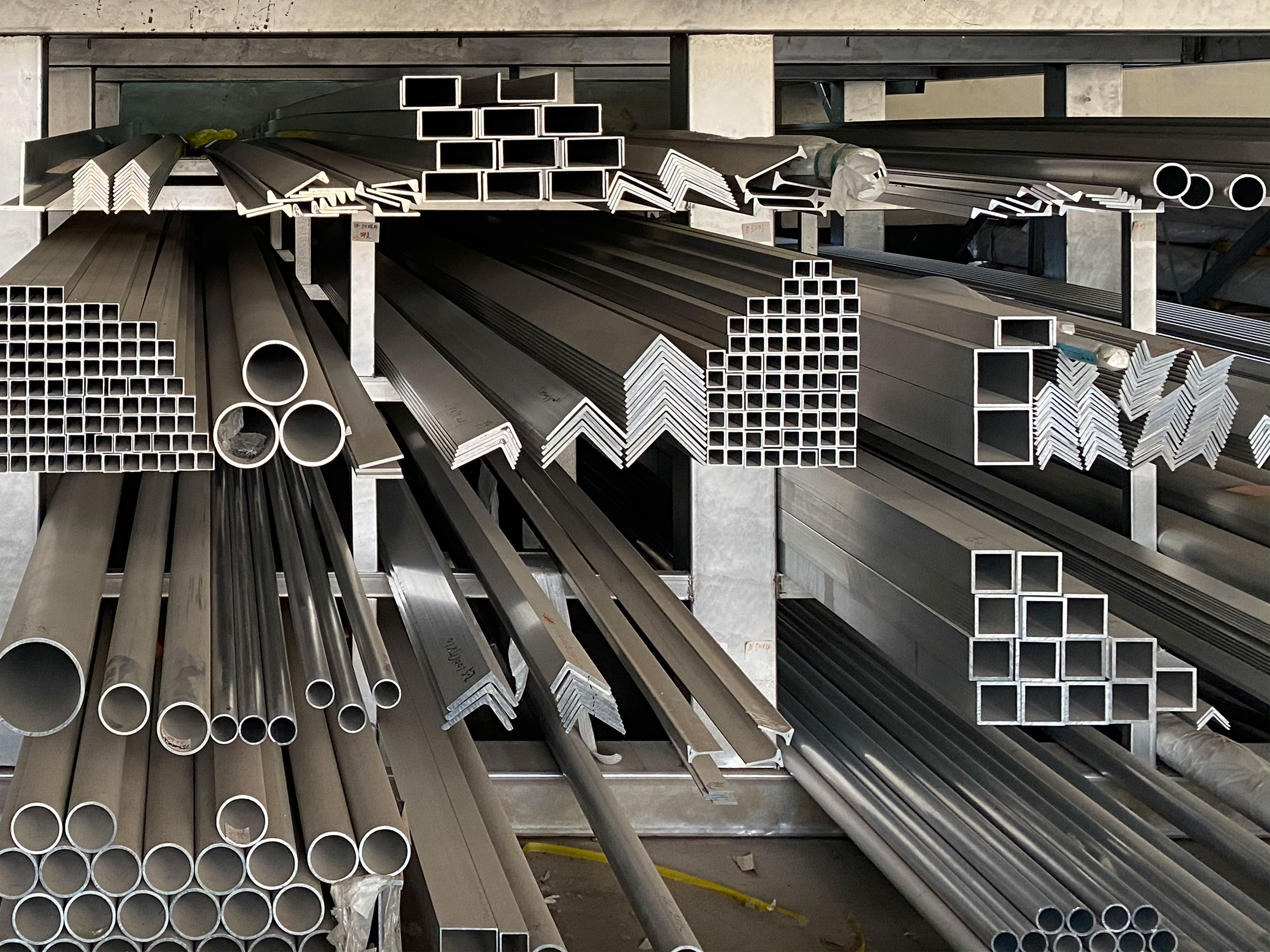
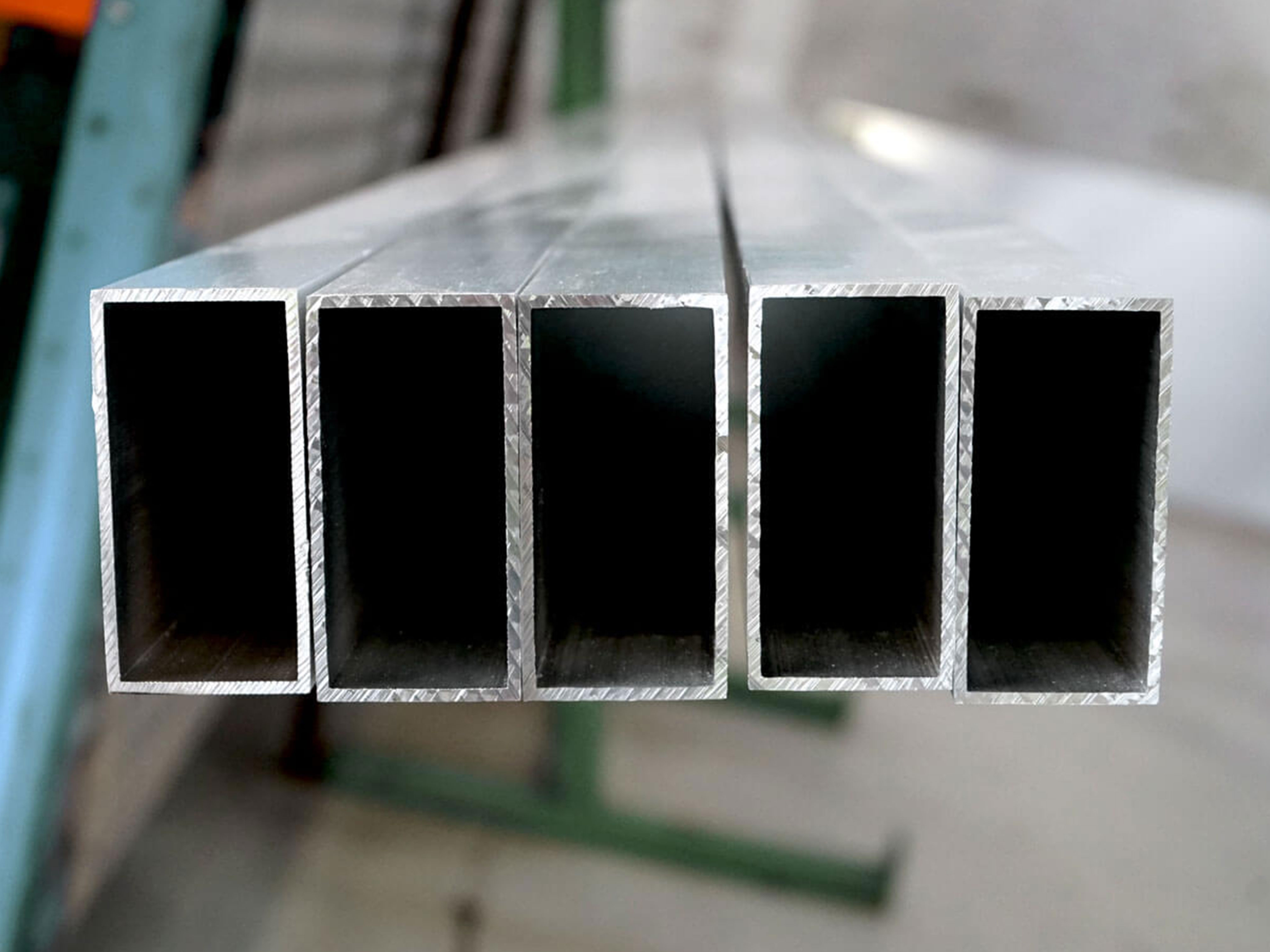
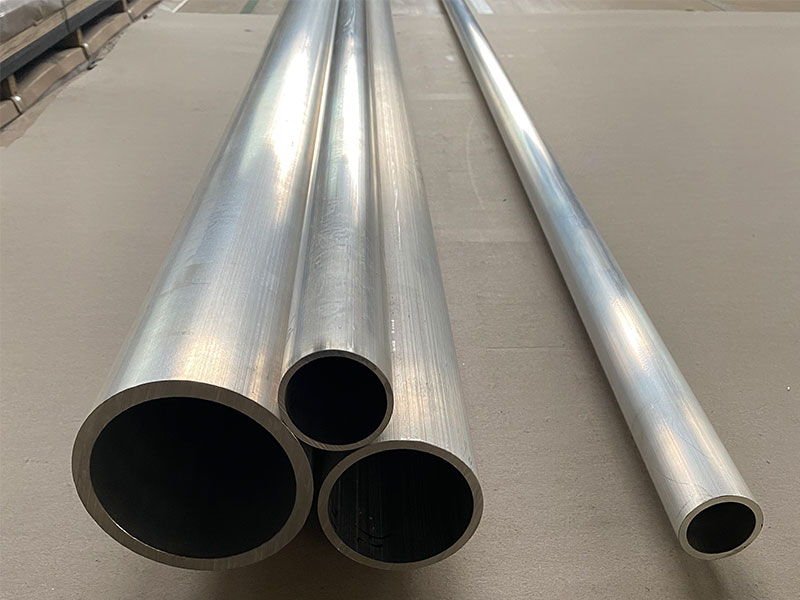
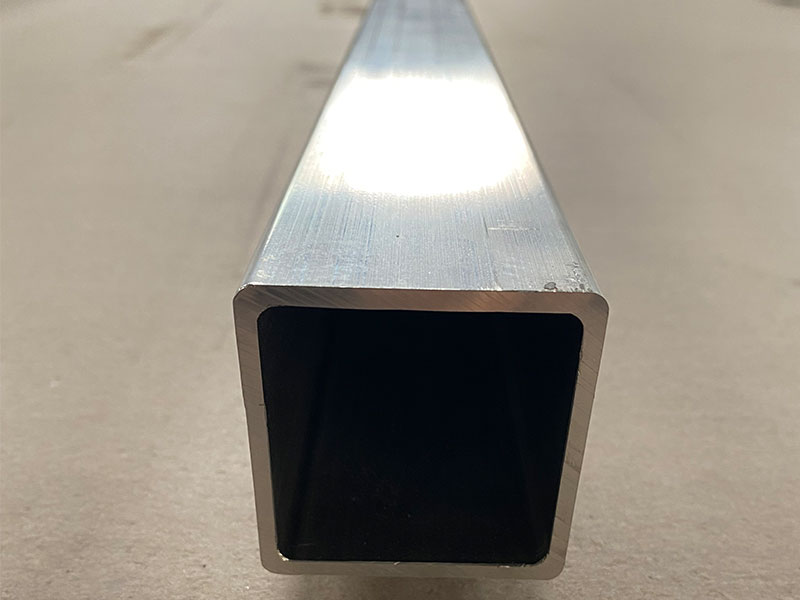
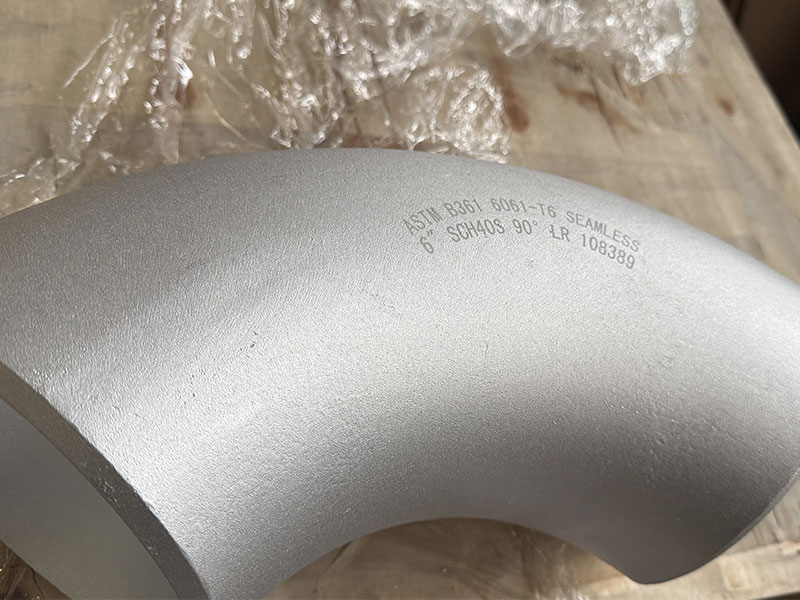






Leave a Message